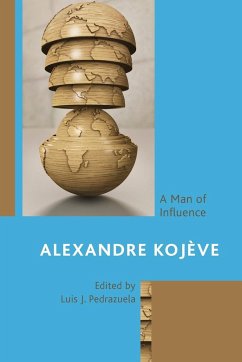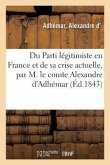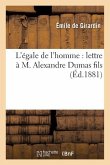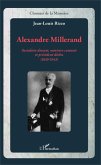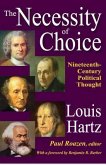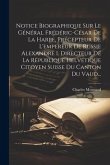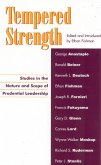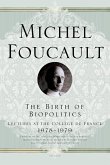This edited volume addresses Alexandre Kojève's work from different perspectives, emphasizing the continuity between his early reception of a set of non-philosophical and philosophical influences and that which he might have sought himself to exercise in a pedagogical and practical manner. The first part of the book comprises six essays in which their authors explore Kojève's understanding of art, religion and atheism, and his reception of the thought of Hegel, Marx, and Carl Schmitt. The book's second part is made up by two contributions that tackle respectively Kojève's conceptions of the "end of history" and "empire" in the light of his notion of Sophia or "Wisdom", and his understanding of the relationship between philosophy and power in the light of an exegetical reading of the debate he held with Leo Strauss. The authors of the final three essays set out to explore the extent to which Kojève's previous processing of a set of non-philosophical and philosophical influences might have resulted in three increasingly concrete outcomes, namely: his notion of authority; the Lacanian mirror-stage; and global trade.

